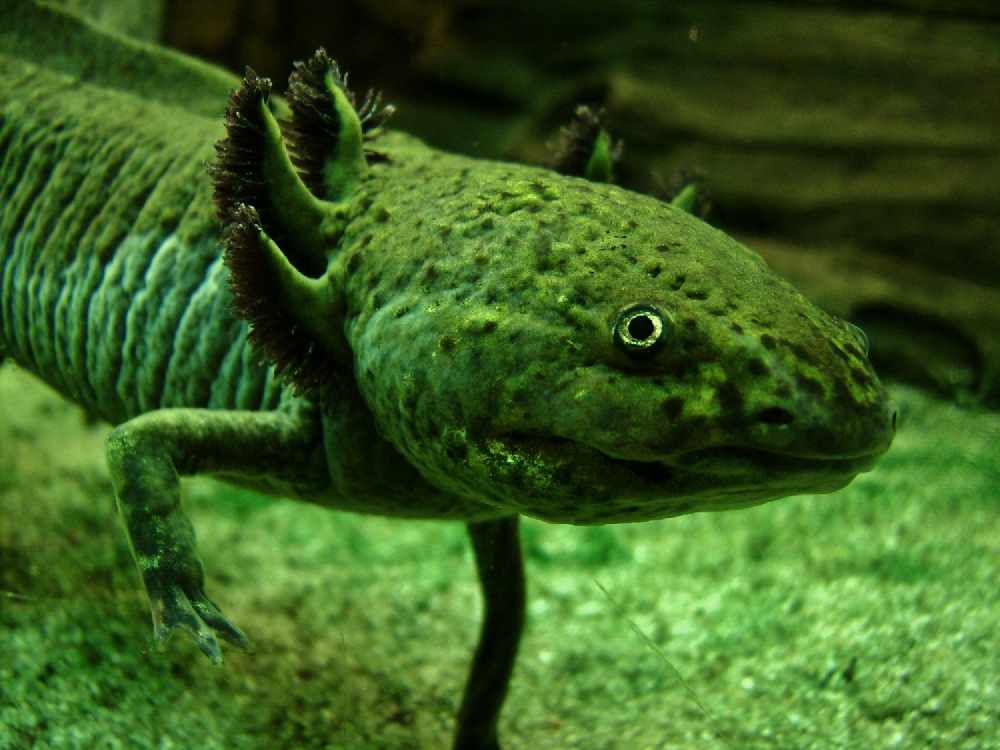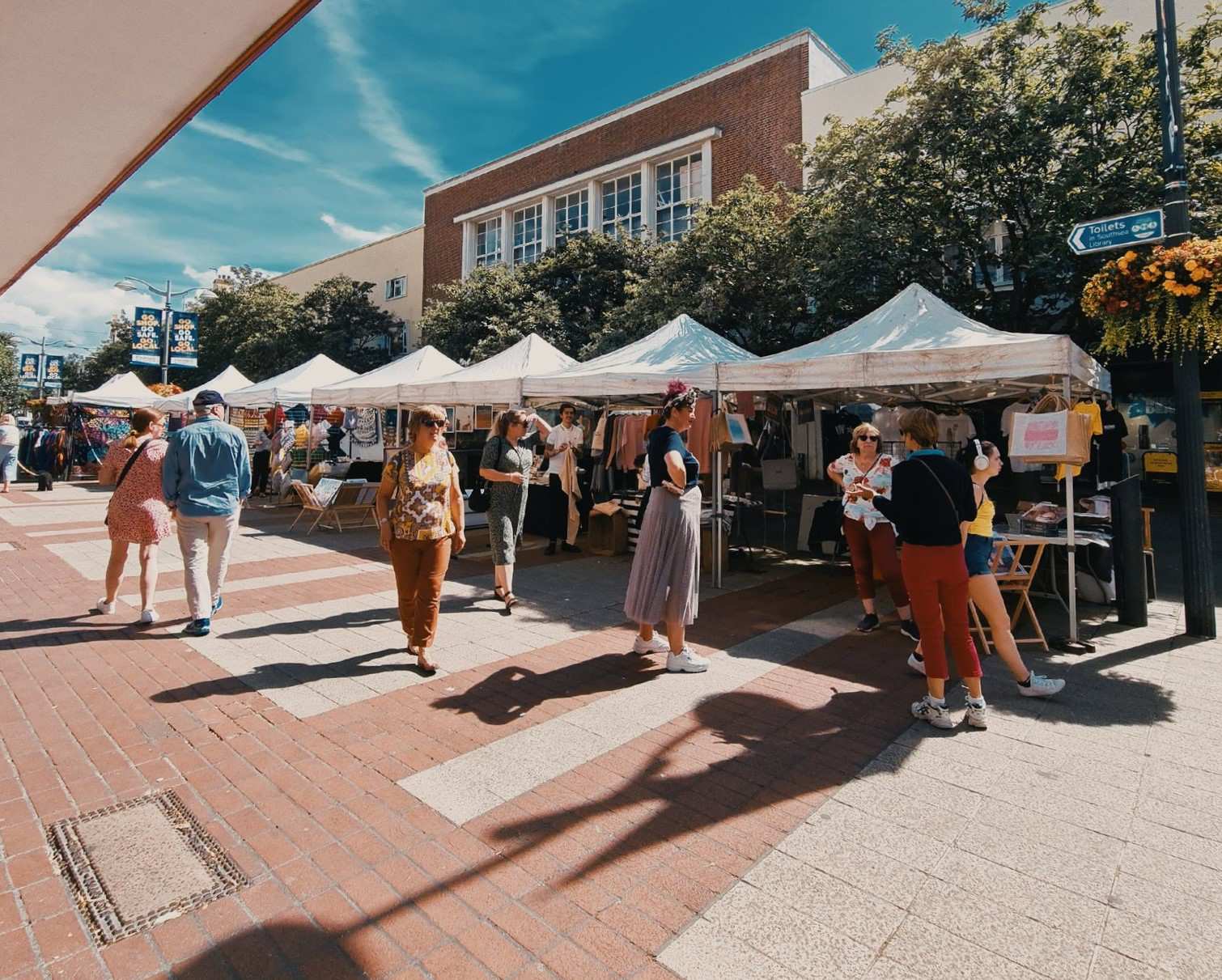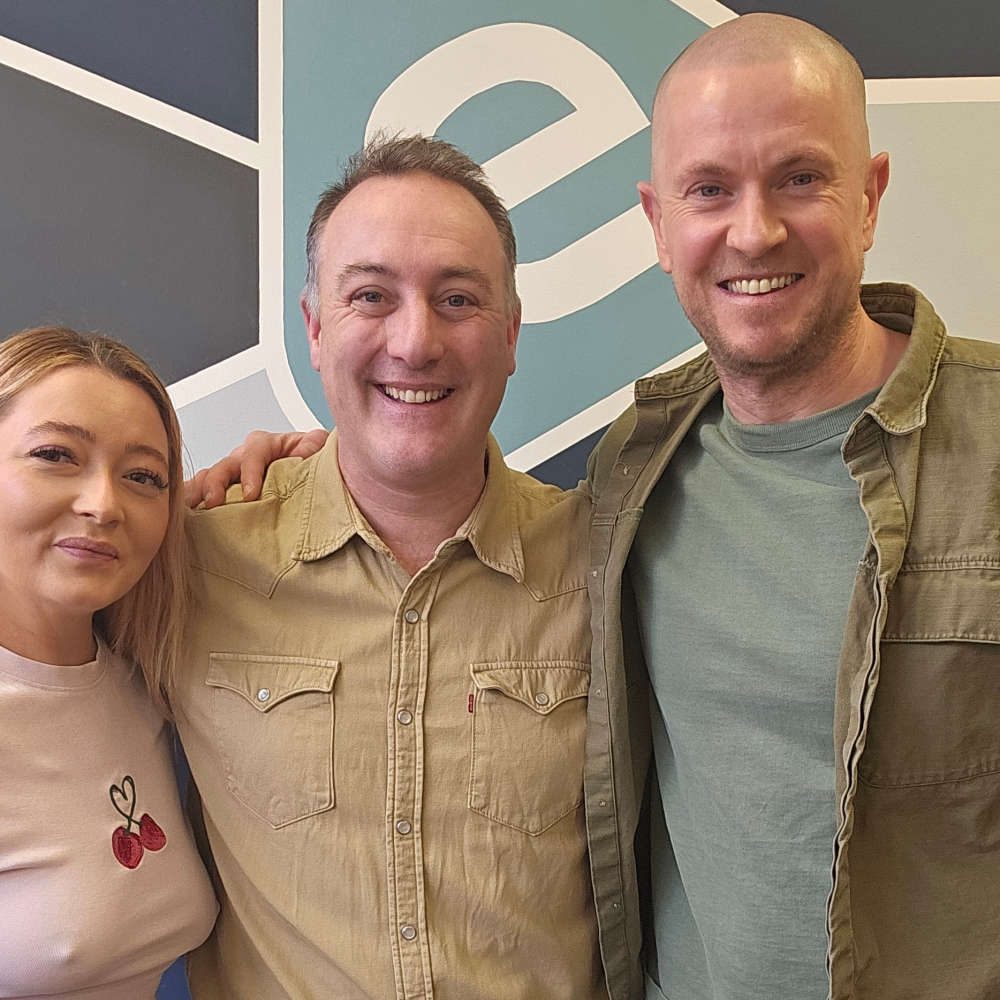
Aquarists at Portsmouth’s Blue Reef Aquarium are celebrating the arrival of more than 50 baby amphibians that will never grow up.
The tiny salamanders, known as axolotls, have recently been classified as ‘critically endangered’ in their native Mexico where they are only found in the ancient water systems around Mexico City.
The bizarre creatures, sometimes referred to as the Peter Pans of the aquatic world, are part of a breeding programme at the Southsea wildlife attraction.
Blue Reef Aquarium’s Operations Manager, Abigail Simmons, said: “The parents of the babies are axolotls retired from other zoos and aquariums and are approximately 15-17 years old, which is several years beyond the common breeding age.
“The parent axolotls were assumed to be retired; this meant the new-borns came as a hugely exciting surprise for us and is a testament to how well they have settled in here.
“All the babies are doing extremely well. They range in size from just a couple of centimetres to up to 5cms but all are growing quickly,” added Abigail.
Axolotls are actually the larval form of the Mexican salamander. Like salamanders they start life as an egg which then develops into a tadpole with external gills and eventually legs.
However unlike other amphibians, which go on to develop lungs and move out of the water onto the land, for some reason the axolotl chooses to remain in its juvenile form.
It can live out the rest of its life in the water, growing to maturity and breeding whilst still retaining its juvenile characteristics.
In addition to never growing up, axolotls have other amazing attributes which have fascinated both ancient civilisations and the modern medical world. As well as having the ability to re-grow lost limbs and tails they can also re-generate dead or damaged brain and heart cells.
The name axolotl literally means water dog and it’s believed they were created when the Aztec god Xolotl, fearing he was to be sacrificed, plunged into the water and was transformed into the bizarre creature.
The Aztecs not only used the axolotl as a source of food and medicine but also utilised them in their ceremonies and, it is thought, even traded with them for building materials to create Mexico City.
Today native populations are severely threatened by pollution, farming and development.












Comments
Add a comment